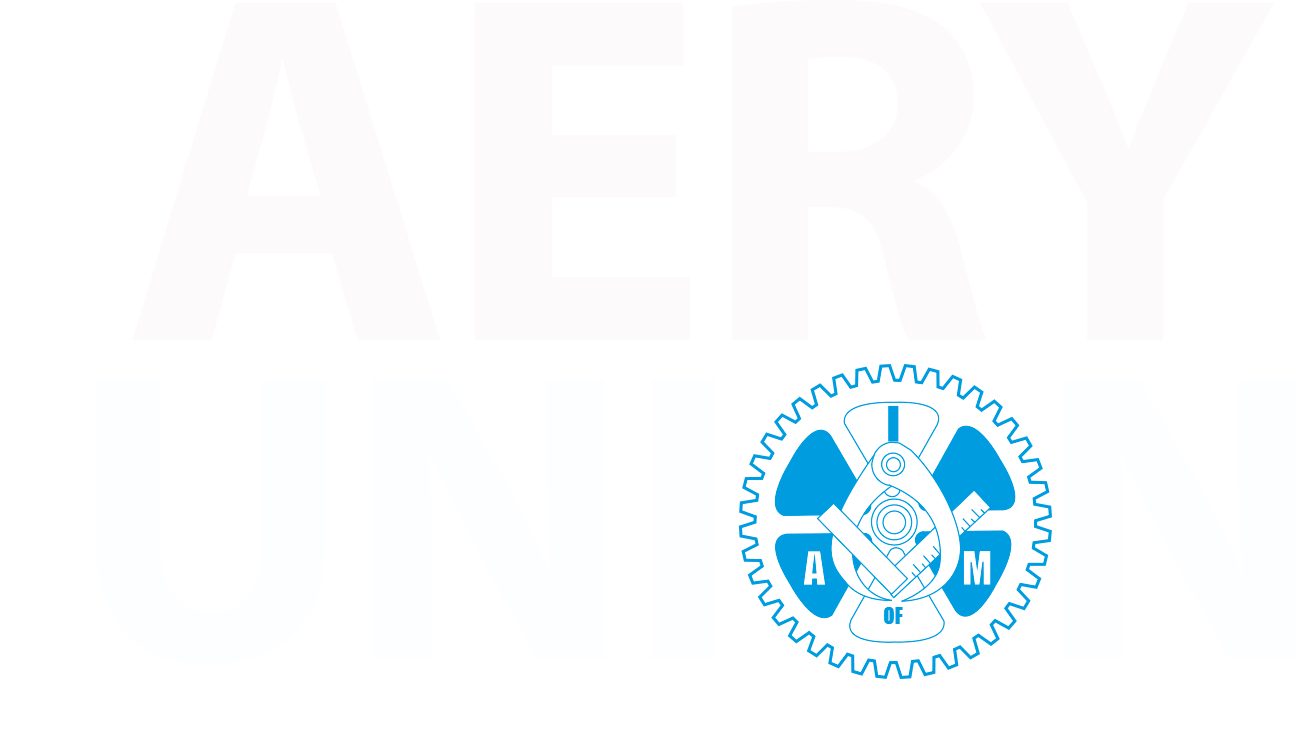The National Labor Relations Act (In a Nutshell)
The National Labor Relations Act (also known as the Wagner Act) is a cornerstone of U.S. labor law. It was enacted in 1935 and it guarantees the right of employees to organize and bargain collectively with their employers, and to engage in other protected concerted activity.
The NLRA covers most private-sector workers, including in manufacturing, health care, retail and private education. So, it’s probably easier to start with who’s not covered. And that includes…
- Rail and airline workers (covered under the Railway Labor Act)
- Federal, state and local government employees ***
- Agricultural workers (with employer who only employs agricultural workers)
- Supervisors
- Independent contractors
*** The NLRA does cover private contractors who work for the federal government.
The National Labor Relations Board (NLRB): The NLRA created the NLRB, which serves as the chief enforcer of the law. They are tasked primarily with conducting union elections and resolving unfair labor practice charges. The Board officially consists of five members, although two seats remain vacant at press time. Board members are appointed by the President and serve five-year terms. The NLRA also creates a General Counsel, also appointed by the President, who serves independently of the appointed Board members. There are 26 regional offices, each of which is led by a regional director. This is where your election and unfair labor practice proceedings start.
Worker Rights Under the NLRA:
- Organize a union to negotiate with your employer concerning wages, hours and other terms and conditions of employment
- Form, join or assist a union
- Bargain collectively through representatives of employees’ own choosing for a contract with the employer setting wages, benefits, hours, and other working conditions
- Discuss terms and conditions of employment or union organizing with their co-workers or a union
- Take action with one or more co-workers to improve working conditions by, among other means, raising work-related complaints directly with the employer or with a government agency, and seeking help from a union
- Strike and picket, depending on the purpose or means of the strike or the picketing
- Choose not to do any of these activities, including joining or remaining a member of a union.
Source: nlrb.gov/rights-we-protect/employee-rights
Unfair Labor Practices By Employers
According to the NLRA, it’s a violation of the law for employers to:
- Threaten employees with loss of jobs or benefits if they join or vote for a union or engage in protected concerted activity
- Threaten to close the plant if employees select a union to represent them
- Question employees about their union sympathies or activities in circumstances that tend to interfere with, restrain or coerce employees in the exercise of their rights under the Act
- Promise benefits to employees to discourage their union support
- Transfer, layoff, terminate, assign employees more difficult work tasks, or otherwise punishing employees because they engaged in union or protected concerted activity
It’s important that you immediately write down specifics of potential violations. If you believe a yours or a co-worker’s rights under the NLRA have been violated, Form NLRB-501 must be filled out and charges must be filed within six months of the violation. The regional NLRB office is tasked with conducting an impartial investigation.
More Information on Your Rights
Check out the NLRB interactive section on the laws that are protected for employee rights.
Contact the NLRB Public Affairs Office at 202-273-1991 or one of the 26 regional offices.
You can learn more about the legal aspects of organizing here.
